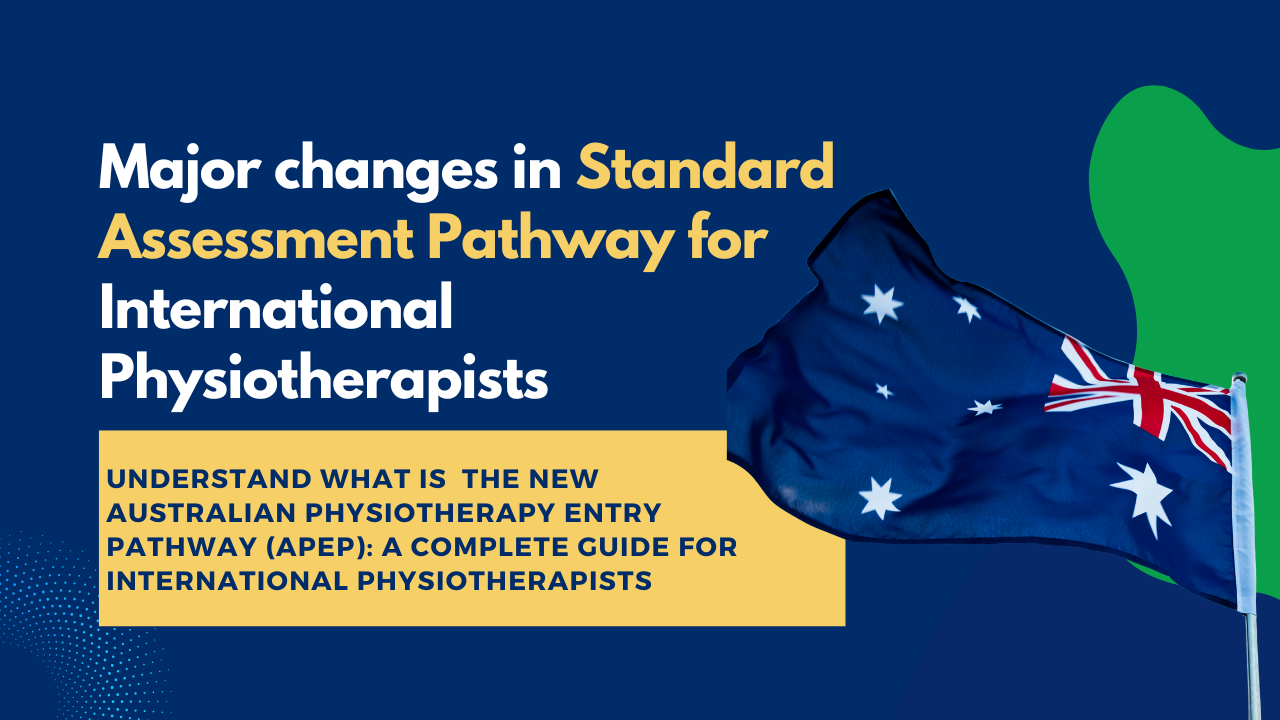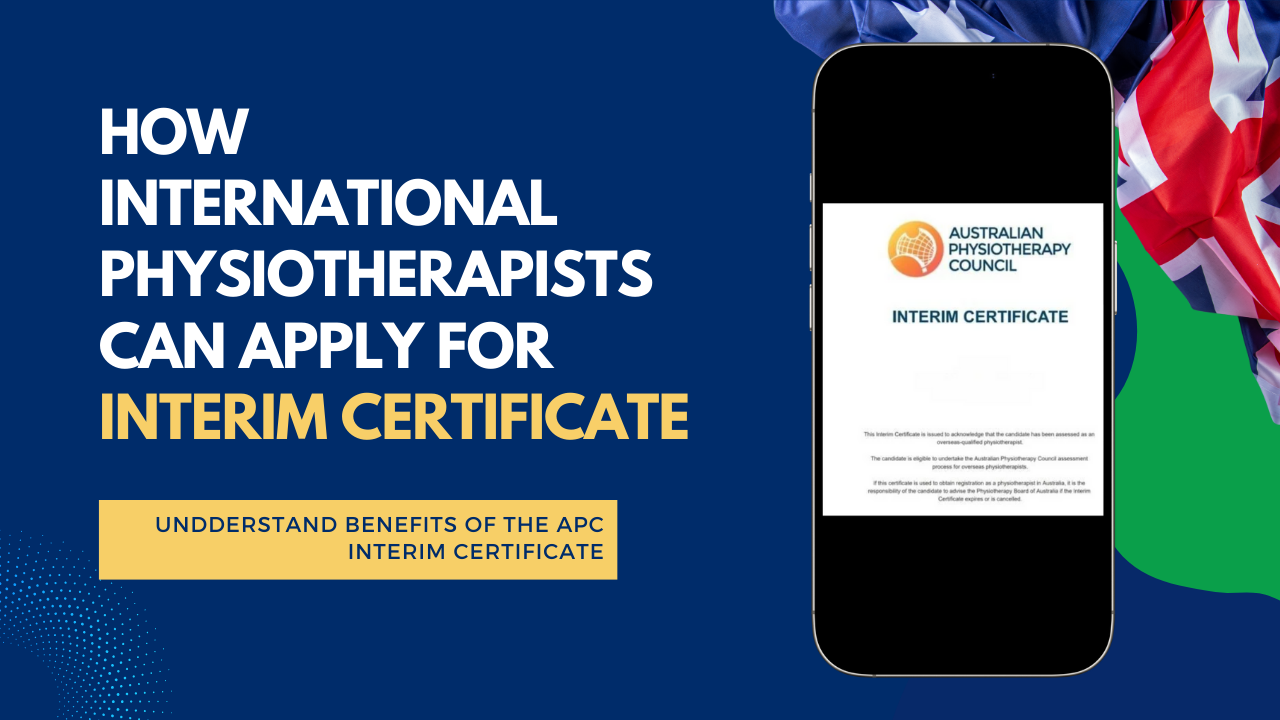The APA Code of Conduct for Physiotherapists outlines professional standards that ensure safe, ethical, and effective practice across the Australian healthcare system. Principle 6, titled “Working within the healthcare system,” is particularly relevant in today’s resource-constrained, equity-focused environment.
Thank you for reading this post, don't forget to subscribe!This principle is not only essential for physiotherapists practicing in Australia, but it is also crucial for overseas-trained professionals aiming for physiotherapist accreditation in Australia. It reflects core values endorsed by the Physiotherapy Board of Australia, the Australian Physiotherapy Association, and aligns with standards across healthcare disciplines, such as APA Code of Ethics Australia.
Understanding APC Code of Conduct – Working Within the Healthcare System
Principle 6 of the APA Code of Conduct Physiotherapy asserts that healthcare professionals must contribute to the effectiveness and efficiency of the healthcare system and must use healthcare resources wisely. This principle is further divided into three key domains:
- Use of healthcare resources
- Health advocacy
- Public health responsibilities
Each of these areas plays a role in upholding patient care standards, managing healthcare costs, and addressing social determinants of health.
1. Using Healthcare Resources Wisely
Physiotherapists are expected to provide evidence-based, appropriate, and necessary care. Inappropriate over-servicing or under-servicing not only compromises patient outcomes but also affects the wider healthcare system.
Application in Practice
Example: A physiotherapist working in a community health clinic may face pressure to provide ongoing sessions to all patients. However, by carefully assessing individual needs and providing self-management plans when appropriate, the clinician can help ensure that limited appointments remain accessible to patients with more acute or complex conditions.
AHPRA-aligned best practices include:
- Delivering interventions that are clinically justified
- Referring patients to other professionals when needed
- Avoiding duplication of services
- Documenting decision-making processes to support transparency
Overseas-trained physiotherapists should note that Australian healthcare policies emphasize patient-centred and cost-effective care, which must be demonstrable in clinical reasoning and service delivery.
2. Health Advocacy and Equity of Access
Principle 6.2 focuses on the physiotherapist’s role as a health advocate, especially for marginalised and underserved populations in Australia. The APA Code of Conduct highlight the duty of practitioners to promote social justice and access to care.
Disparities Addressed
- Aboriginal and Torres Strait Islander Peoples
- People with disabilities
- Culturally and linguistically diverse (CALD) populations
- Asylum seekers, refugees, and gender-diverse individuals
Clinical Relevance
A physiotherapist practicing in an urban hospital may identify that newly arrived refugee patients are missing appointments due to language barriers and transportation issues. In response, the physiotherapist coordinates with a multicultural health liaison officer to ensure better engagement.
This proactive role in reducing health inequities is not only a professional responsibility under the APA Code of Ethics Australia, but also a competency considered during physiotherapist accreditation Australia processes.
3. Promoting Public Health and Disease Prevention
In addition to direct patient care, physiotherapists in Australia are also public health contributors. This aligns with Principle 6.3, which outlines obligations in health education, disease prevention, infection control, and screening.
Examples of Public Health Practice
- Promoting postural health and safe lifting techniques in workplaces
- Educating community groups on fall prevention in older adults
- Supporting infection control measures in clinical environments
- Advocating for appropriate use of antibiotics to combat resistance
Overseas-trained professionals are expected to understand and apply public health principles during registration exams and professional assessments conducted by the Physiotherapy Board of Australia.
Why Principle 6 is Crucial for Physiotherapy in Australia
Working efficiently within the healthcare system supports the sustainability of services, especially within publicly funded frameworks like Medicare and NDIS. Principle 6 also reinforces the values of accountability, equity, and professionalism, which are central to all physiotherapy frameworks in Australia.
Moreover, these standards are reflected in the Australian Physiotherapy Association’s advocacy, research, and continuing professional development (CPD) offerings.
For overseas physiotherapists, demonstrating adherence to this principle during clinical placements, supervised practice, or equivalency assessments is crucial for successful physiotherapist accreditation in Australia.
Consequences of Non-Compliance
Failure to follow the APA Code of Conduct Physiotherapy can result in:
- Investigation and disciplinary action by AHPRA or the Physiotherapy Board of Australia
- Suspension or cancellation of registration
- Loss of eligibility for APA membership
- Legal consequences in case of clinical negligence
- Barriers to visa renewal or future professional migration
For example, if a physiotherapist routinely over-serves patients for financial gain or fails to follow public health guidance during an infectious disease outbreak, they may face formal complaints, audits, and possible deregistration.
How Physiomates Helps Physiotherapists Understand the APA Code of Conduct
At Physiomates, we support both Australian and overseas-trained physiotherapists in understanding and applying the Code of Conduct set by the Australian Physiotherapy Association (APA). Through our structured Physiotherapy Mentoring Program, we guide physiotherapists in implementing ethical and clinically sound practices. In our comprehensive Musculoskeletal Online Physiotherapy CPD Course – MSK Clinical Mentoring Program – our experienced mentors focus on best practice standards in line with APA expectations. Additionally, our exclusive Physiotherapy Membership – Physiomates Exclusive Membership – offers continuous support, ensuring your clinical decisions and professional conduct remain fully aligned with the APA Code of Conduct.
Conclusion
Principle 6 of the APA Code of Conduct Physiotherapy is foundational to ethical, effective, and equitable physiotherapy in Australia. Whether you are an Australian-registered practitioner or an international physiotherapist seeking accreditation, understanding and applying this principle is not optional—it is essential.
By aligning your clinical practice with the standards set out by the APA Code of Conduct, the Physiotherapy Board of Australia, and the broader expectations of the Australian healthcare system, you contribute to a more sustainable, inclusive, and impactful profession.







